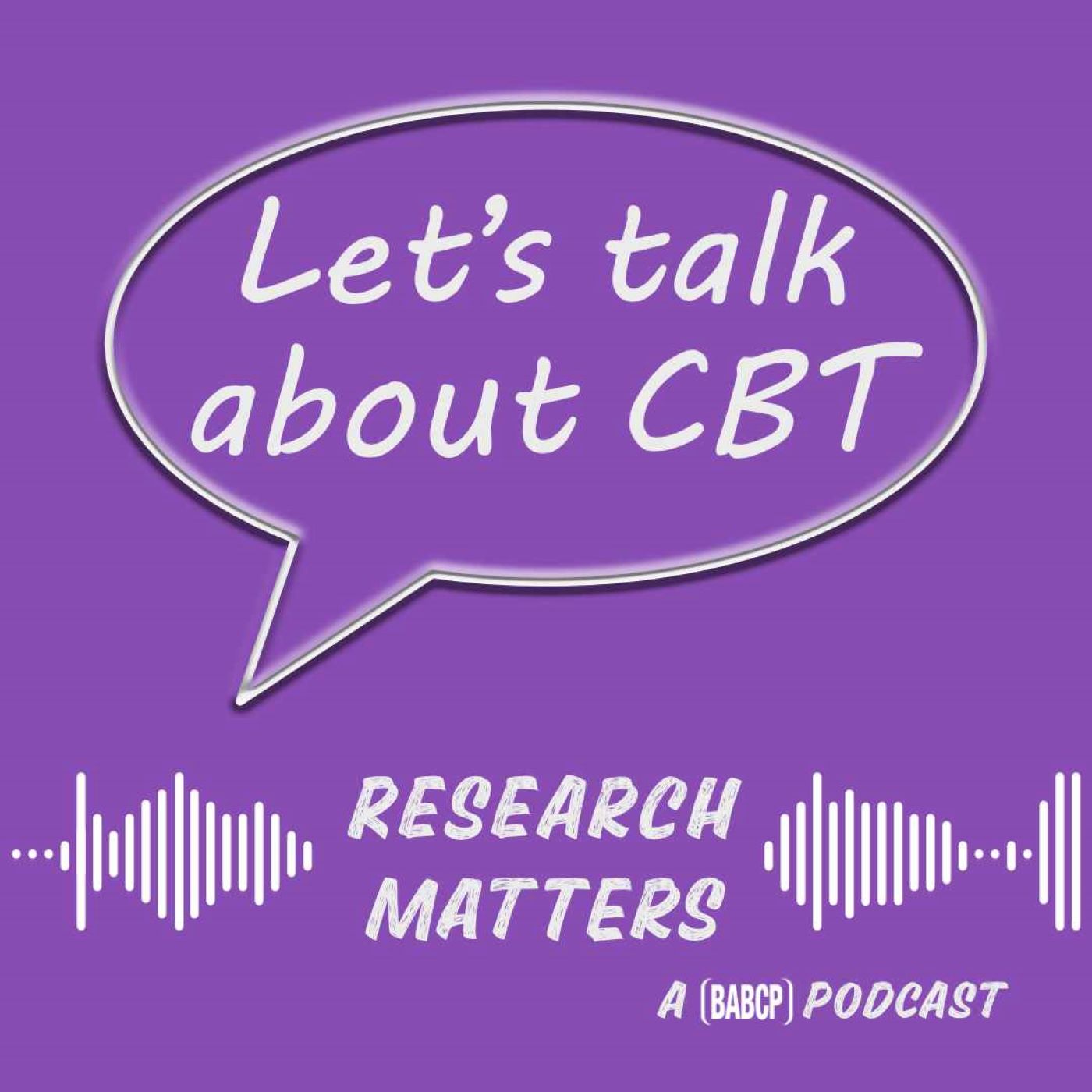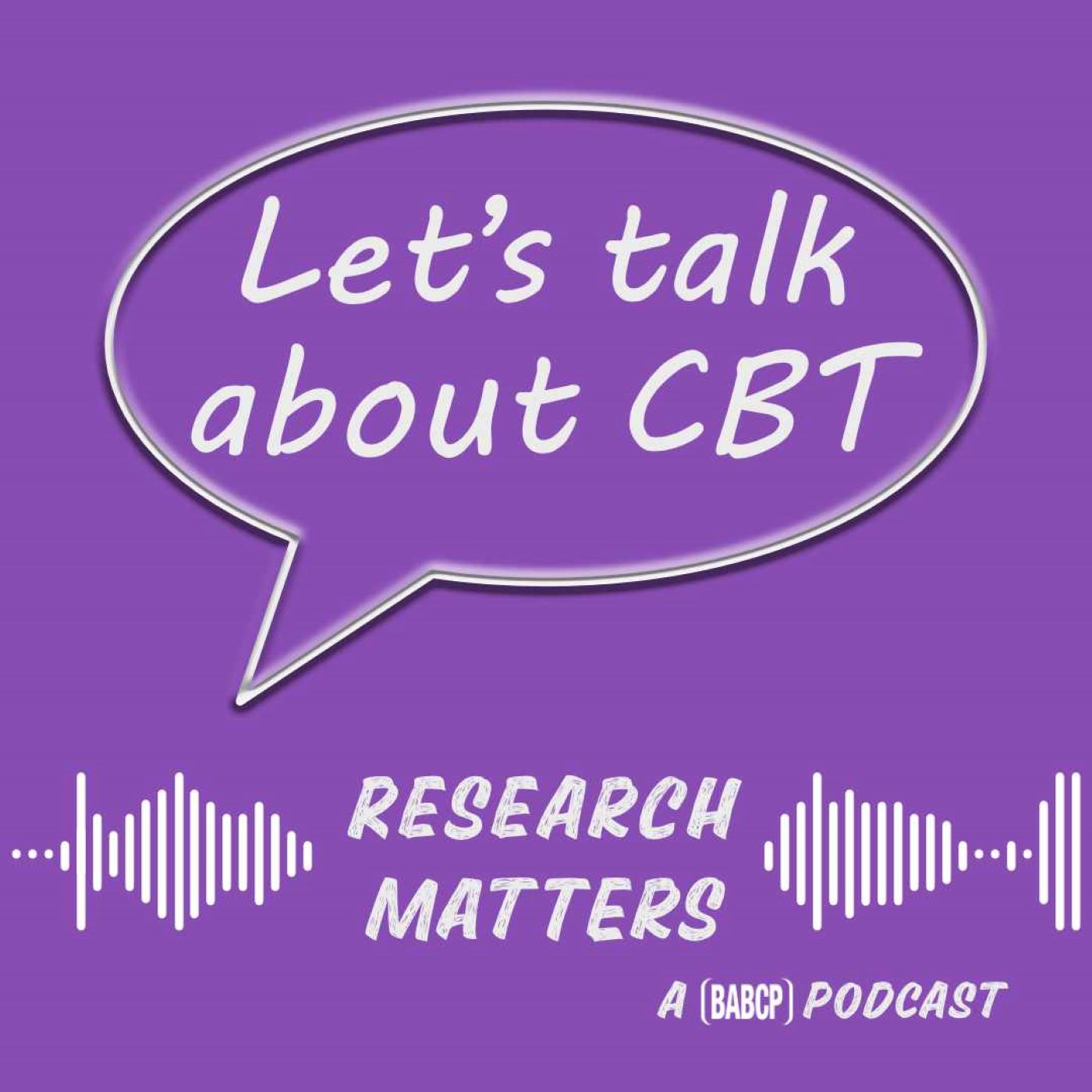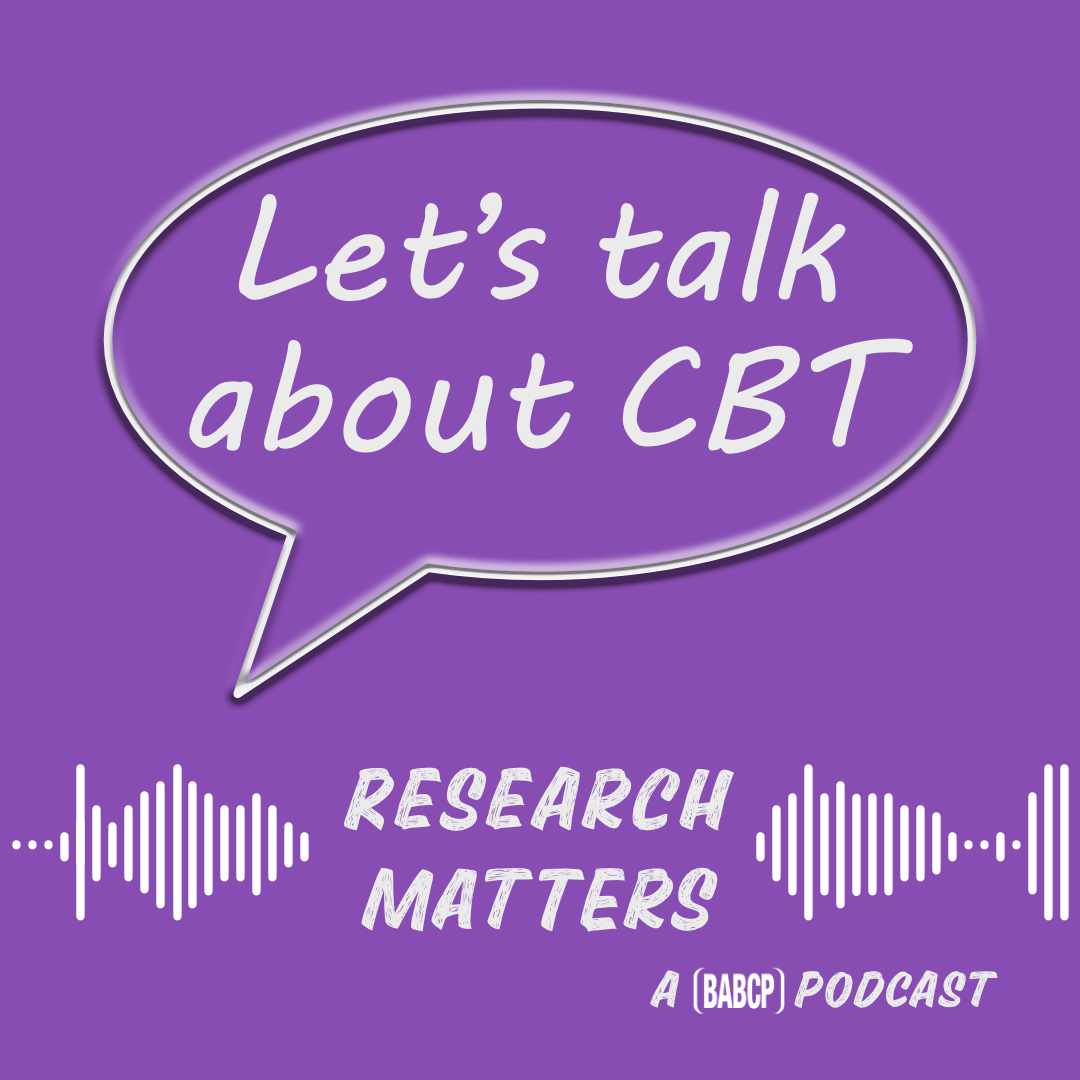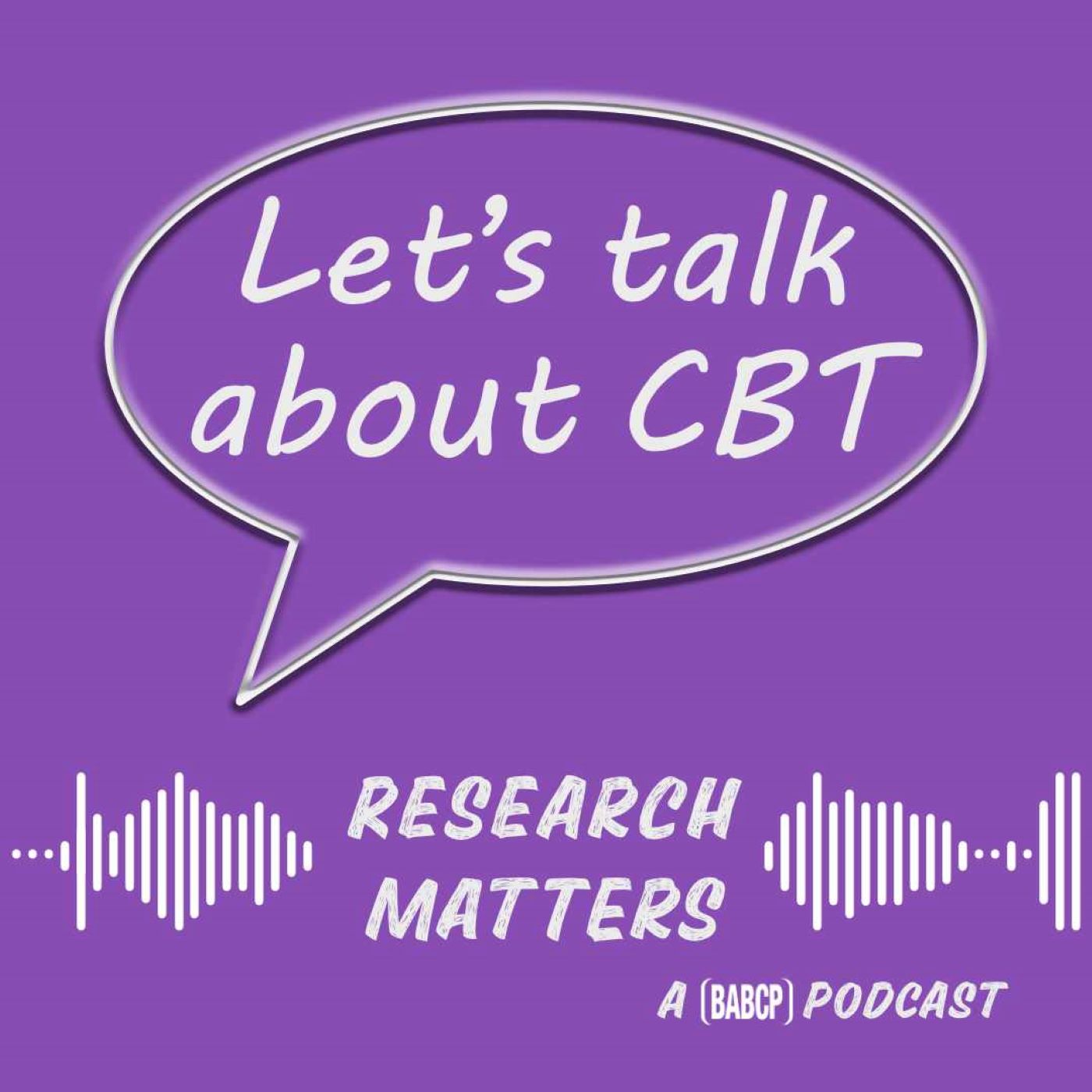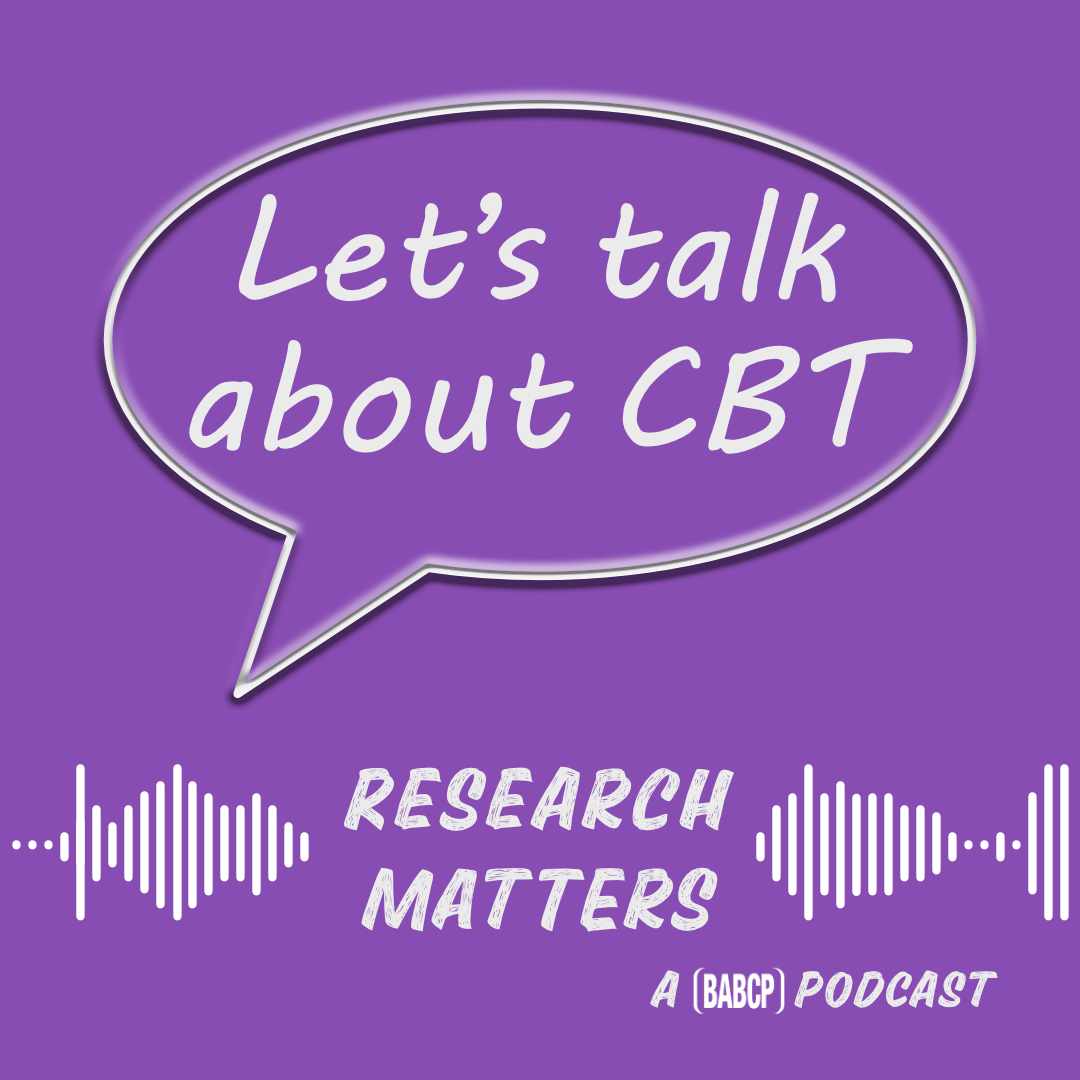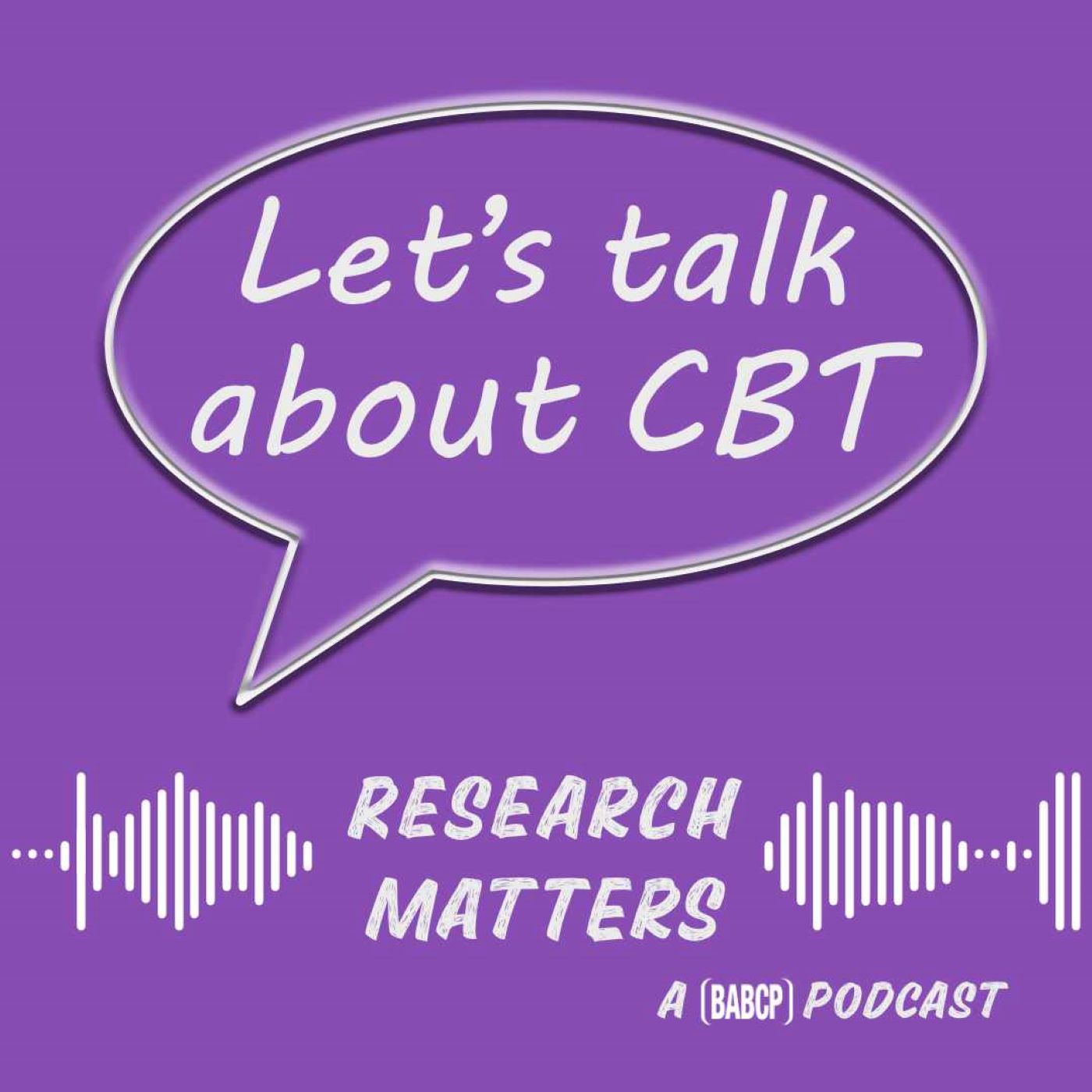How to treat someone suffering with PTSD following rape in adulthood with Dr Kerry Young
Description
In this episode, Steph Curnow is joined by consultant clinical psychologist Dr Kerry Young to discuss the paper "How to Treat Someone Suffering with PTSD Following Rape in Adulthood", published in The Cognitive Behaviour Therapist.
Kerry shares the motivation behind the paper and reflects on over two decades of clinical experience in trauma services.
Listeners will gain insight into:
- Why evidence-based trauma-focused therapy for PTSD following rape is so effective
- Common myths that prevent therapists from engaging in this work
- Practical guidance for assessment and treatment using CT-PTSD
- The importance of addressing dissociation, self-blame, and shame
- Strategies therapists can use to protect their own wellbeing while doing this work
- The powerful impact this intervention can have on clients' lives
This episode also highlights the invaluable video resources linked to the paper, which show exactly how to put the guidance into practice. Kerry offers encouragement to therapists: if you know how to do CT-PTSD, you already have the skills to help survivors of rape and it's some of the most rewarding work you can do
Read the full paper here
Explore more from the Cognitive Behaviour Therapist
Find our sister podcasts and all our other episodes in our podcast hub here:
Have feedback? Email us at podcasts@babcp.com
Follow us on Instagram & Bluesky: @BABCPpodcasts
If you found this episode helpful, please rate, review and subscribe so more people can discover these important conversations.
Credits:
Music is Autmn Coffee by Bosnow from Uppbeat
Music from #Uppbeat (free for Creators!): https://uppbeat.io/t/bosnow/autumn-coffee
License code: 3F32NRBYH67P5MIF
Transcript:
Steph: Hello and welcome to Let's Talk about CBT- Research Matters, the podcast that explores some of the latest research published in the BABCP journals with me Steph Curnow. Each episode, I'll be talking to a recently published author about their research, what was the motivation behind it and how they hope it will impact the world of CBT.
Today I'm talking to Dr Kerry Young. Kerry is one of several authors on the paper How to Treat Someone Suffering with PTSD Following Rape in Adulthood published in the Cognitive Behaviour Therapist.
Hi Kerry, welcome to the podcast. So, it's so nice of you to come on and talk to us today about this paper. I think most people will probably know who you are already, but for any listeners that don't, would you mind just introducing yourself and telling everyone a bit about you and the areas that you work in?
Kerry: Yes, hi. So I'm Kerry Young. I'm a consultant clinical psychologist and I've worked in specialist trauma services. I worked it out just now for 28 years. I'm a bit tired. And at the moment I run a PTSD service for refugees and asylum seekers in West London near Paddington station.
Steph: So, the paper we are talking about today is How to Treat Someone Suffering with PTSD Following Rape in Adulthood. That's the title of the paper and it does exactly what it says on the tin. So, I really wanted to get you onto the podcast to talk about it because it's such a comprehensive and helpful paper. Would you mind just talking a little bit about where the motivation to write this paper came from? How did it come about?
Kerry: Yeah, so as I said, I've been working in trauma services since the late 1990s. And I think when you start out working in specialist trauma services, you really appreciate how treatable PTSD is. So we would be expecting, if we treat PTSD for someone really not to have any symptoms anymore. So it really is a wonderful thing to treat. And over the years, I've done more and more supervising in other services. And in fact, I've been part of the NHS England funded top up for NHS Talking Therapies to work with PTSD. And what I think all of our supervisors noticed doing this is that people are a bit sheepish about treating PTSD following sexual violence. There's lots of myths and there's lots of things that get in the way, but for good reasons, I think. But we were, all of us, I think, feeling really worried, not just in NHS Talking Therapies, but in other people we supervise that, you know, if someone has PTSD to rape or sexual violence, their chances of getting someone to treat it in an evidence-based way were quite variable, I think. And I just found that really upsetting really, because you'll hear all of these stories about people being raped, you know, maybe in their teens, in their twenties, and it changing the whole course of their life. And them going through the rest of their life really feeling to blame for what happened or feeling really bad about themselves. And this sort of one moment really kind of can change the course of someone's life and that's very particularly the case if they have PTSD. And so what I was noticing is that people are flashing back to being raped day in, day out, dreaming about it when they're asleep. And it's reinforcing this, they're feeling really bad about themselves, feeling really responsible for what happened and then, making choices about their life on the basis of that. And I just sort of thought, I think we all thought, oh my God, you know, if we could just 10 sessions and the person will stop re-experiencing it, they'll be able to make choices about themselves and their lives that aren't based on re-experiencing rape. And we just thought, how can we get people to do this evidence-based therapy? And it's not just me that's written the paper, you'll see there's an enormous number of people who've written it. So don't think for a minute it was just me, but we thought, well, look, I think the problem is that people really just don't know quite how to do it. They don't know how to ask these questions about body parts and stuff. And there's lots of myths about what you should and shouldn't do. So we thought, look, we'll just tell them. We'll just tell them how to do it and show them how to do it. And so what's brilliant about this paper is this film showing you how to do it. And then hopefully people will just have a go. So that was what was behind it.
Steph: Yeah, yeah. And that really nicely segues into my next question then, which was to say, in the beginning of the paper, you do talk about, about therapist fears and maybe some myths around working with sexual violence. I think it'd be really helpful if you could just take us through some of these and actually what might be barriers for therapists working with these clients. As you just said, you know, there are so many that are shy about working with this.
Kerry: Yeah, and I just want to make it clear that we're all a bit shy of working with sexual violence. When they invent the thing that means we don't have to talk about it with people, I'll be the first to sign up but there isn't anything else that works as well as trauma-focused therapy. Please don't, I don't want people to think I'm thinking they shouldn't, you know, not want to talk about this stuff because I think it's very natural. There's lots of myths, I think. People often think that someone has to be stable to be able to do this work. They need to be in stable housing. They need to not be waiting for a court case. It all needs to be well in their life. And actually, so often that's the reason why people don't do the therapy. And actually, that is not the case at all. And there's very good evidence in fact, there was a great systematic review that came out last year by someone called Vanessa Yim that really looked into that and found out that actually even when you're in a war zone or even when you're still in a domestically violent relationship, you can still benefit from trauma-focused therapy. So the stability thing is a myth. Now obviously some people might not want to do it when they're unstable, but we shouldn't make that choice for them.
In other myths, the things like you can't sort of on a similar vein, you can't treat people who've been raped and have PTSD if they're substance misusing. Again, that's one of those really kind of widely put about beliefs. And actually, again, the evidence not only doesn't back it up, but backs up the opposite, that people can benefit from trauma focused therapy while they're still actively substance misusing. And if you treat the PTSD, the substance misuse comes down alongside it. those sorts of things. So people don't have to be stable. They don't have to not be drinking or taking drugs. And then I suppose the main

